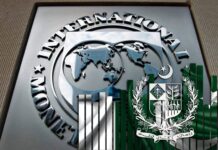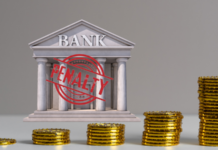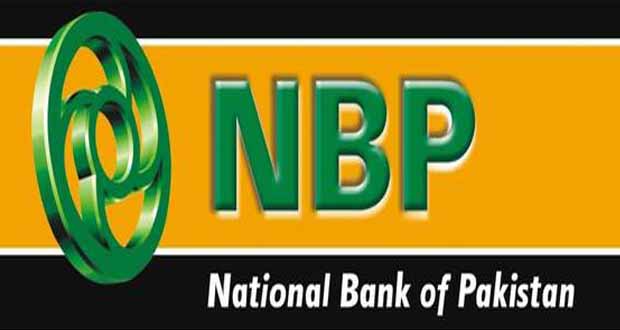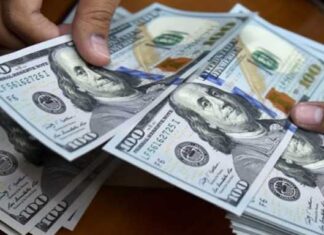National Bank of Pakistan (NBP) Friday announced its consolidated earnings of Rs 6.1 billion (EPS Rs2.8) for April-June 2016 as compared to Rs 2.8 billion (EPS Rs1.3) in the same period last year. The results were well above market expectations, the analyst claimed.
The key reasons behind this strong earnings growth was the sharp fall in provisioning expense, which declined to Rs 476 million in second quarter of 2016, down from Rs 3.3 billion in the similar period last year. Strong NPL recoveries from domestic front and absence of any further provisioning on international front have brought down provisioning charge in 2nd quarter of 2016.
Net Interest Income (NII) also remained strong, growing by 10 per cent YoY to Rs 15.9 billion in 2nd quarter of 2016. NBP generally witness strong growth in NII during the period 2016. However, it remained higher than market’s expectations.
Lower provisioning and higher than expected NII helped NBP register strong earnings growth during April-June 2016 despite lower non-interest income and capital gains.
Non-interest incomes in second quarter of 2016 declined by 6 per cent to Rs 8.3 billion as capital gains were down by 57 per cent to Rs 1.8 billion.
Some support was provided to non-interest income by profit from share of associates and fee, commission and brokerage income.
Share of profit from associates stood at Rs 302 million in April-June 2016 as against a loss of Rs 850 million in the same period last year due to sale of Agri-tech shares (AGL) which incurred major losses as per management.
Fee, commission and brokerage income jumped by 34 per cent to Rs 4.4 billion on account of advisory income earned on Neelum Jhelum and other projects. NBP was a lead arranger in Neelum Jhelum Hydropower project. The total cost of the project is estimated at around Rs 100 billion.
Non-interest expense on the other hand remained in line with our estimates growing by 13 per cent to Rs 13 billion.
The analyst said the further cut in interest rates, NPL pile up and higher provisioning expense and deterioration in Pakistan macros, as key risks for NBP.
























